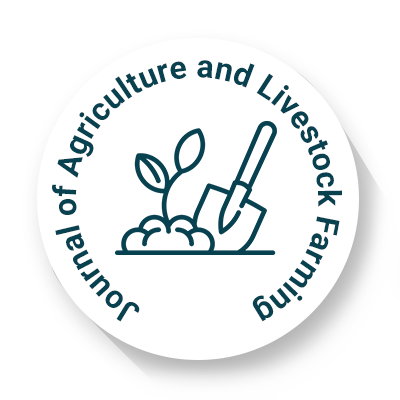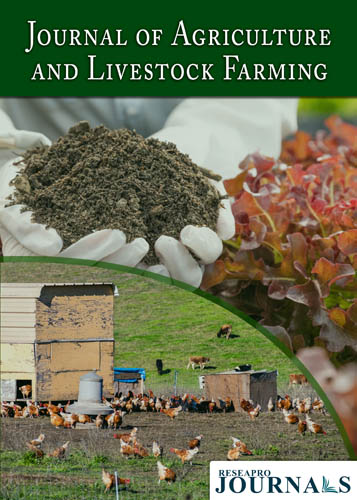
Journal of Agriculture and Livestock Farming
OPEN ACCESS

OPEN ACCESS

Department of Crop Production, University of São Paulo (USP), Piracicaba, Brazil
The Urban Heat Island (UHI) phenomenon presents critical challenges for sustainable development, public health, and energy efficiency. As cities expand and densify, impervious surfaces trap heat, amplifying temperature disparities between urban and rural areas. These elevated temperatures increase energy-intensive cooling demands, contribute to greenhouse gas emissions, and create health threats during prolonged heat waves. Urban Rooftop Agriculture (URA) offers dual benefits by mitigating UHI effects while enhancing food security. This approach transforms unused rooftop spaces into productive green infrastructure, with systems ranging from lightweight setups providing thermal insulation to intensive operations growing diverse crops year-round. Through evapotranspiration, increased albedo, and thermal insulation, URA effectively reduces surface and ambient temperatures, thereby lowering building energy demands while enhancing biodiversity. This review examines URA's temperature regulation capabilities and evaluates empirical evidence from global case studies, demonstrating how URA strengthens urban resilience by promoting food sovereignty and fostering community engagement. Evidence from cities including New York, Tokyo, and Toronto shows significant reductions in rooftop temperatures and energy consumption. These systems enhance urban green cover, improve air quality, and provide educational and employment opportunities within urban environments.
Department of Crop Production, University of São Paulo (USP), Piracicaba, Brazil